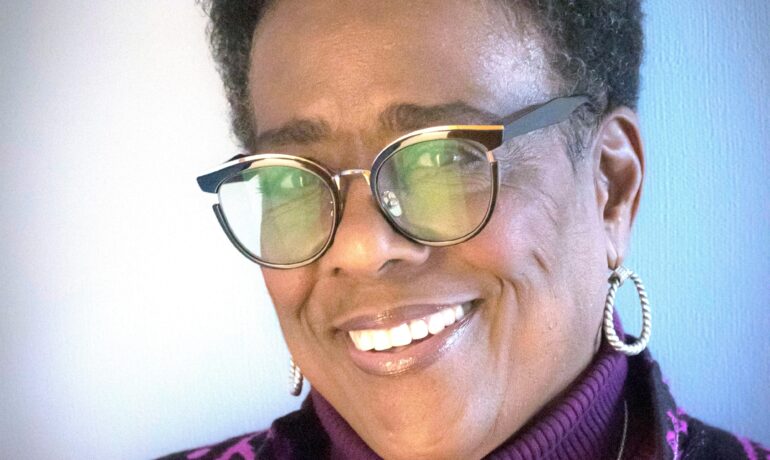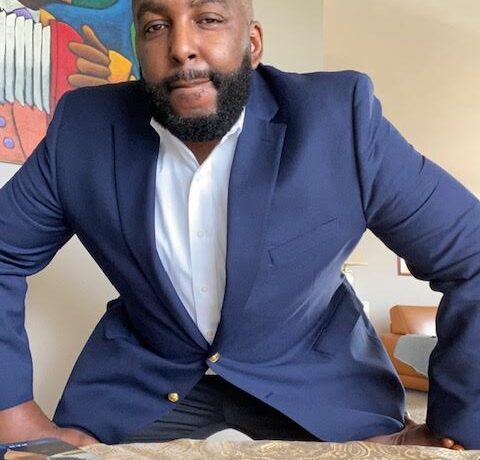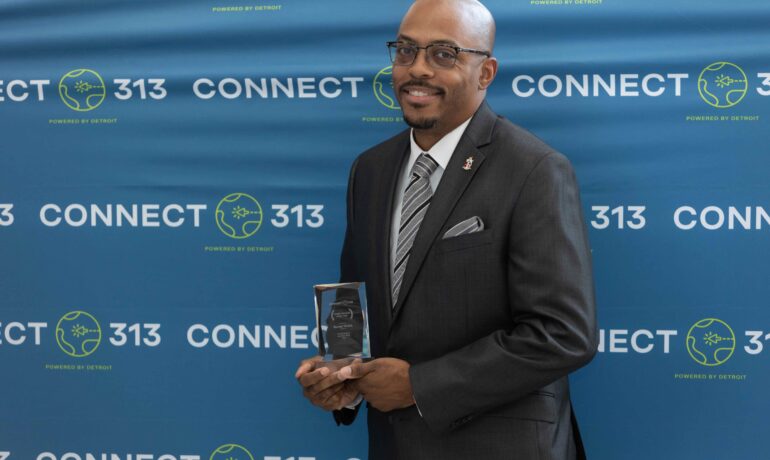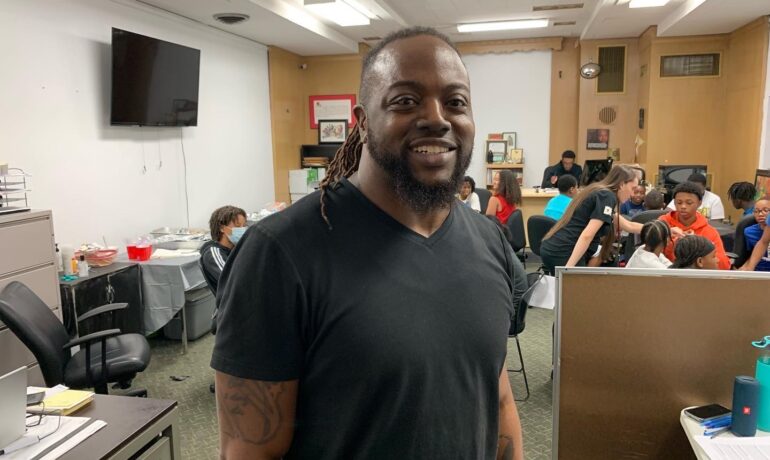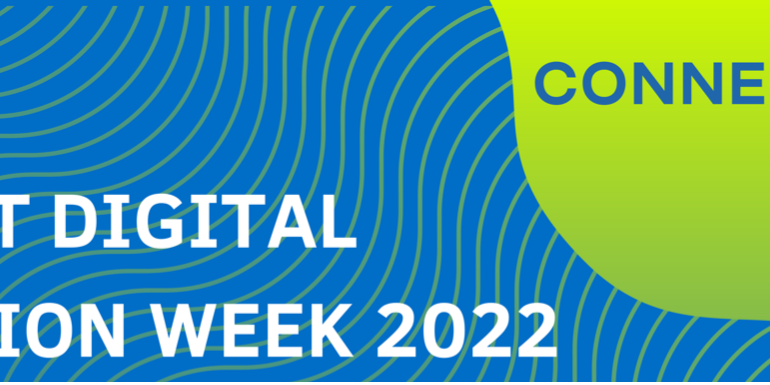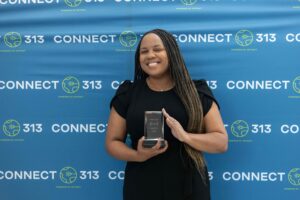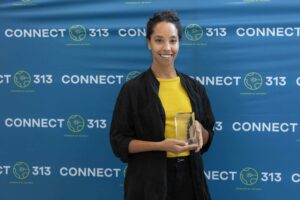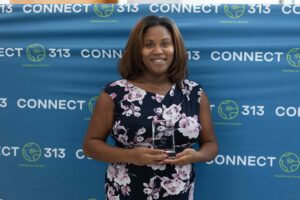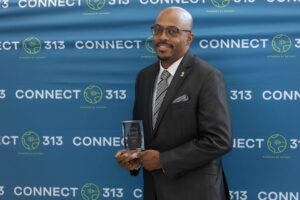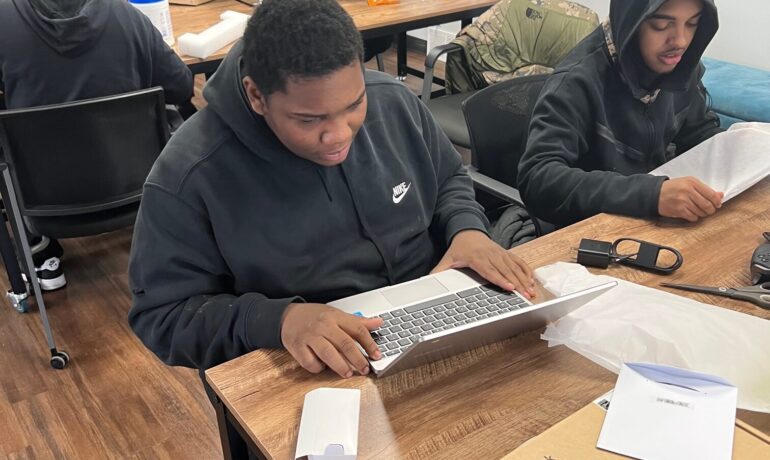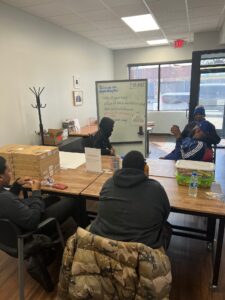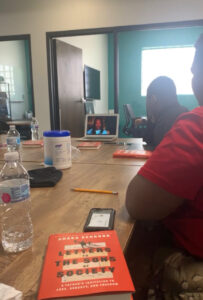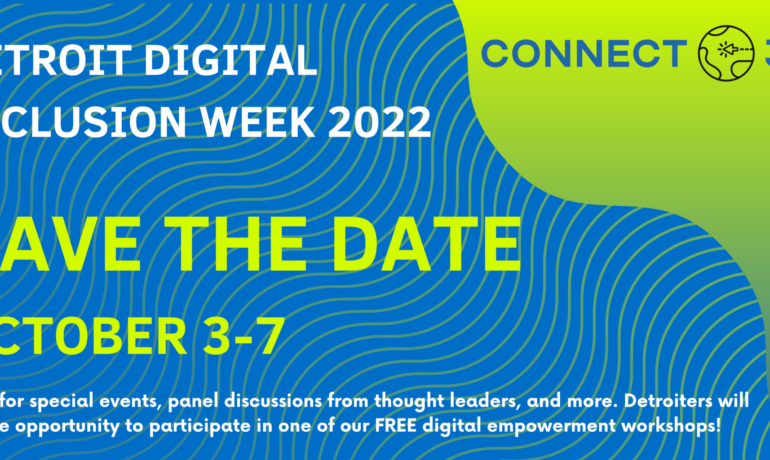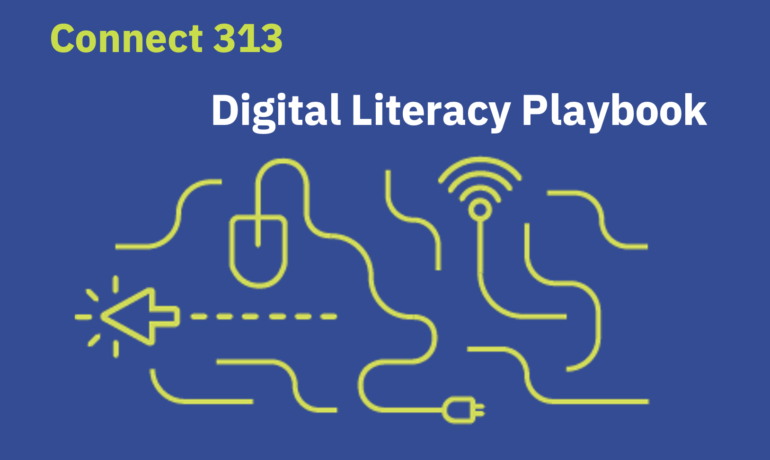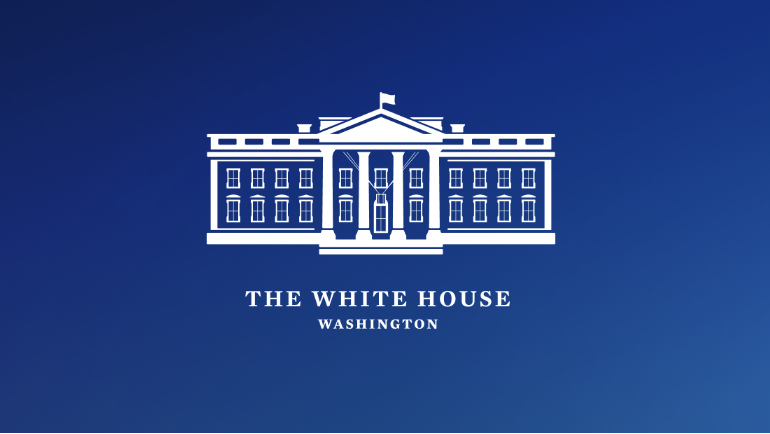Meet Phyllis Edwards, An Advocate and Problem Solver
Meet Phyllis Edwards, An Advocate and Problem Solver
Phyllis Edwards makes no bones about her high-tech capabilities. Yes, she knows her way around an electronic device, and she can effectively use the internet, but she doesn’t consider herself “tech savvy.” That’s why she got involved with Connect 313.
Edwards is the 2023 chair of Connect 313’s Policy, Advocacy and Ecosystems committee. She brings to the role a lifetime of activity on behalf of people whose voices aren’t getting heard.
Most recently the executive director of Bridging Communities, a Detroit nonprofit that supports equitable housing, Edwards now serves as a project development consultant focused on eldercare and community development.
“When COVID-19 hit, I realized that my senior citizens, thegrandparents, didn’t have connectivity to technology to help their grandchildren with homework,” Edwards shared. “I alsoknew that online access, and the right tech devices for telehealth,were not an option and that social isolation was going to be an issue.”
Always an advocate and problem solver, she began looking for a solution and knew she had to get involved.
Edwards first encountered Connect 313 early in its formation, learning more about the ambassador program, attending meetings and later, establishing a tech hub at Bridging Communities. When she participated in the 2022 Detroit Digital Inclusion Week, she was convinced the timing was right for a deeper engagement.
“I’m interested in systemic change, so when the policy and advocacy committee became available, I signed up and was elected to lead the group’s activities. I believe that people who want to make changes need to be at the table when those changes are being made. That’s what I’m working on at Connect 313,” Edwards said.
It’s no surprise that this energetic and passionate advocate raised her hand to volunteer. Her first career was in Michigan’s child protective services and its foster program. While there, and because she traveled throughout state, she served as a culture ambassador to help build inclusion and diversity across state employee ranks.
What’s more, Edwards understands the ever-shifting dynamics of policy and funding within the nonprofit space. While at Bridging Communities, she was able to align the organization with the credentials needed to be competitive for available fundsin the Detroit market.
Now, she gearing-up for her new role at Connect 313.
“I’m in the process of building our committee and ensuring there’s continuity between 2022 and 2023 goals. As important, I’m looking at the policies that are out there, whether state,federal or local, and communicating those policies, and identifying how they impact the people and communities we serve,” Edwards explained.
Edwards believes equality of the entire digital eco-system is critical and must be part of a long-term plan. Her vision is a system that embraces the physically challenged, seniors who don’t have technology, and people with devices who don’t know how to use them, then provides access, connectivity and the training people need to fully engage.
“We want to make sure that as we move forward in this new digital world, we don’t leave people behind as they have been left behind before. It’s simply too important that we bring everyone along.”
Detroit has many resources and opportunities for residents. Click here to learn more: https://connect313.org/resident-resources-2/.

